Metabolism

Serine/threonine kinase AMPK upregulates glucose uptake by promoting the expression and function of glucose transporters. AMPK is activated by increased AMP/ATP ratio, resulting from cellular and environmental stress, e.g. low glucose, heat shock, hypoxia and ischemia. AMPK activation positively modulates signaling transductions that refill ATP levels. Moreover, it also stimulates catabolic processes such as fatty acid oxidation and glycolysis through inhibition of ACC and activation of PFK2. AMPK negatively regulates various proteins which are important to ATP-consuming mechanisms, e.g. mTORC2, glycogen synthase, SREBP-1, and TSC2, causing the downregulation/inhibition of gluconeogenesis and glycogen, lipid and protein synthesis.
-
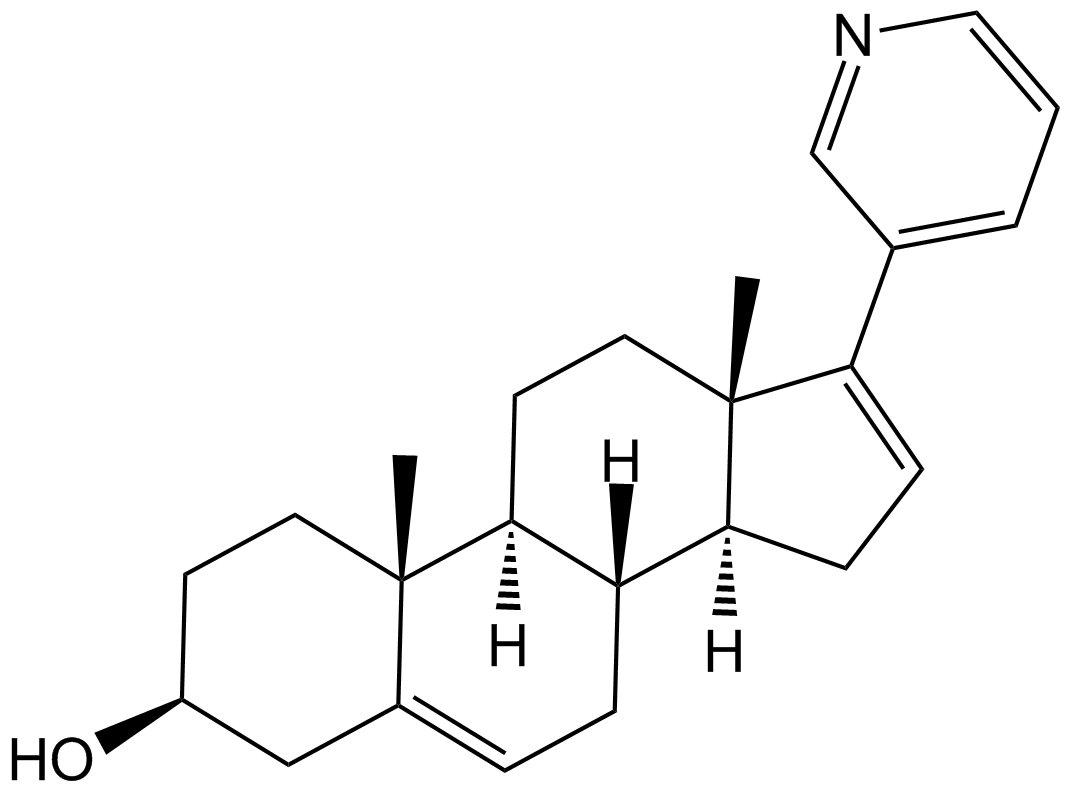 A4240 Abiraterone1 CitationSummary: Potent CYP17 inhibitor
A4240 Abiraterone1 CitationSummary: Potent CYP17 inhibitor -
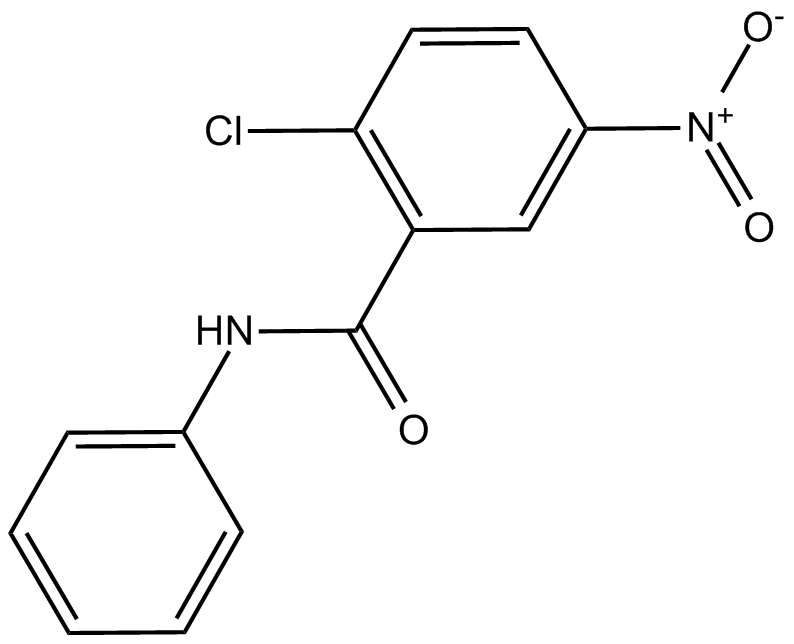 A4300 GW96621 CitationSummary: PPARγ antagonist
A4300 GW96621 CitationSummary: PPARγ antagonist -
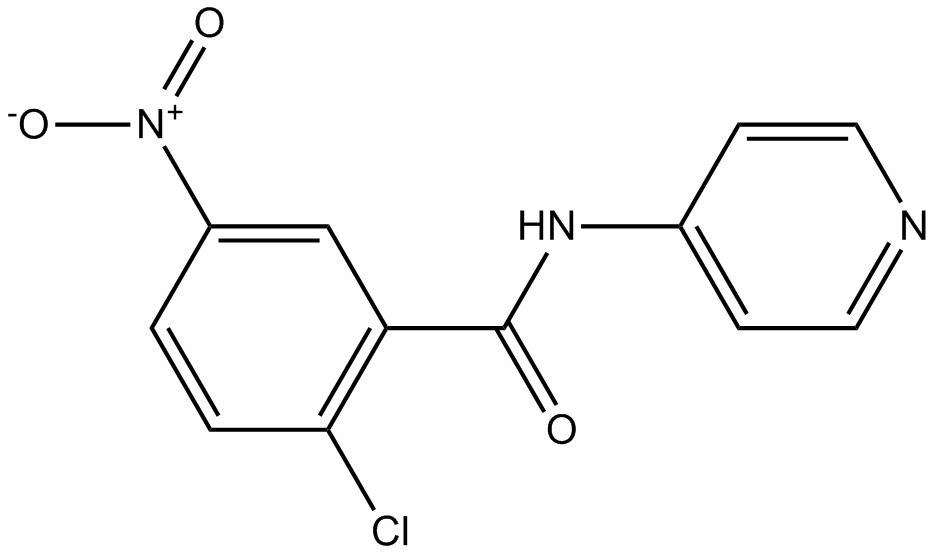 A4301 T0070907Summary: Human PPARγ antagonist,potent and selective
A4301 T0070907Summary: Human PPARγ antagonist,potent and selective -
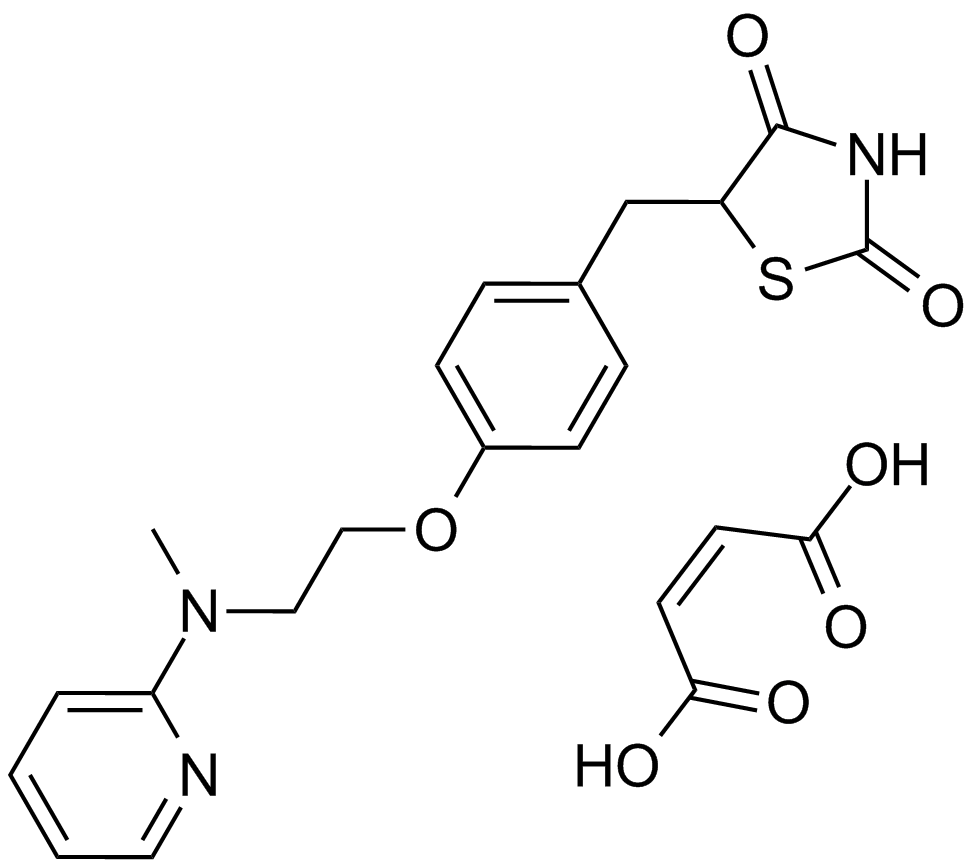 A4302 Rosiglitazone maleateTarget: Insulin and Insulin-like ReceptorsSummary: PPARγ agonist,high-affinity and selective,potent insulin sensitizer
A4302 Rosiglitazone maleateTarget: Insulin and Insulin-like ReceptorsSummary: PPARγ agonist,high-affinity and selective,potent insulin sensitizer -
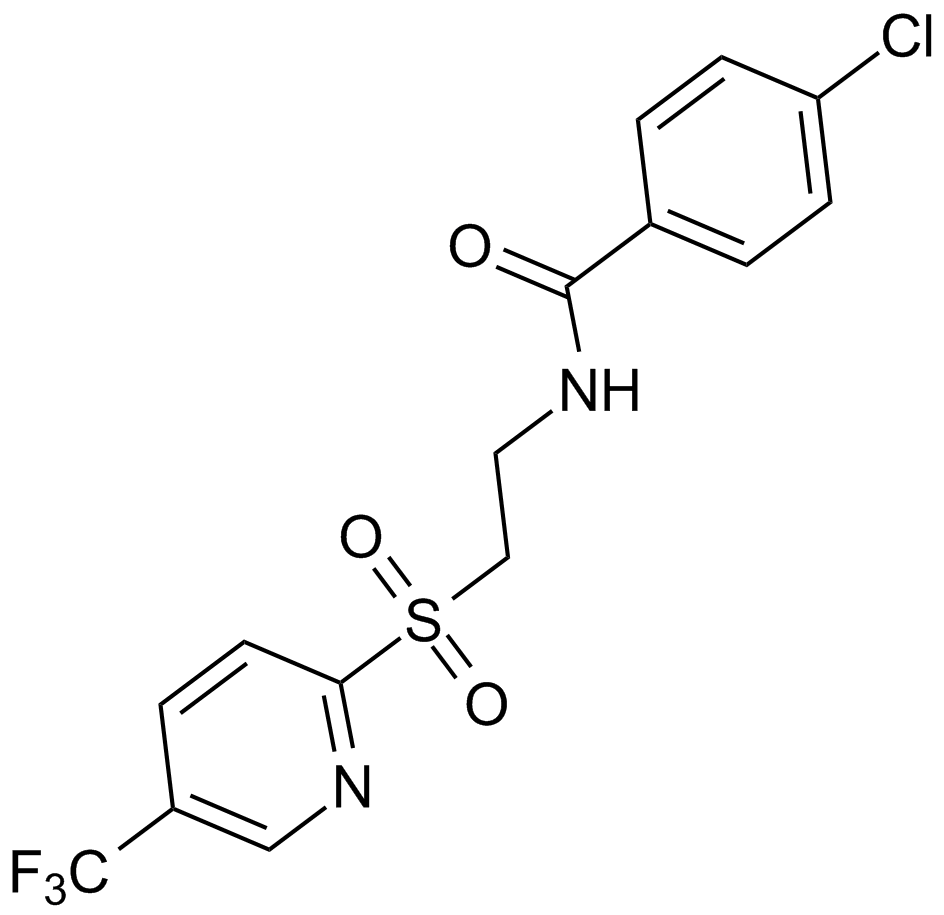 A4303 GSK3787Summary: PPARβ/δ antagonist,novel and irreversible
A4303 GSK3787Summary: PPARβ/δ antagonist,novel and irreversible -
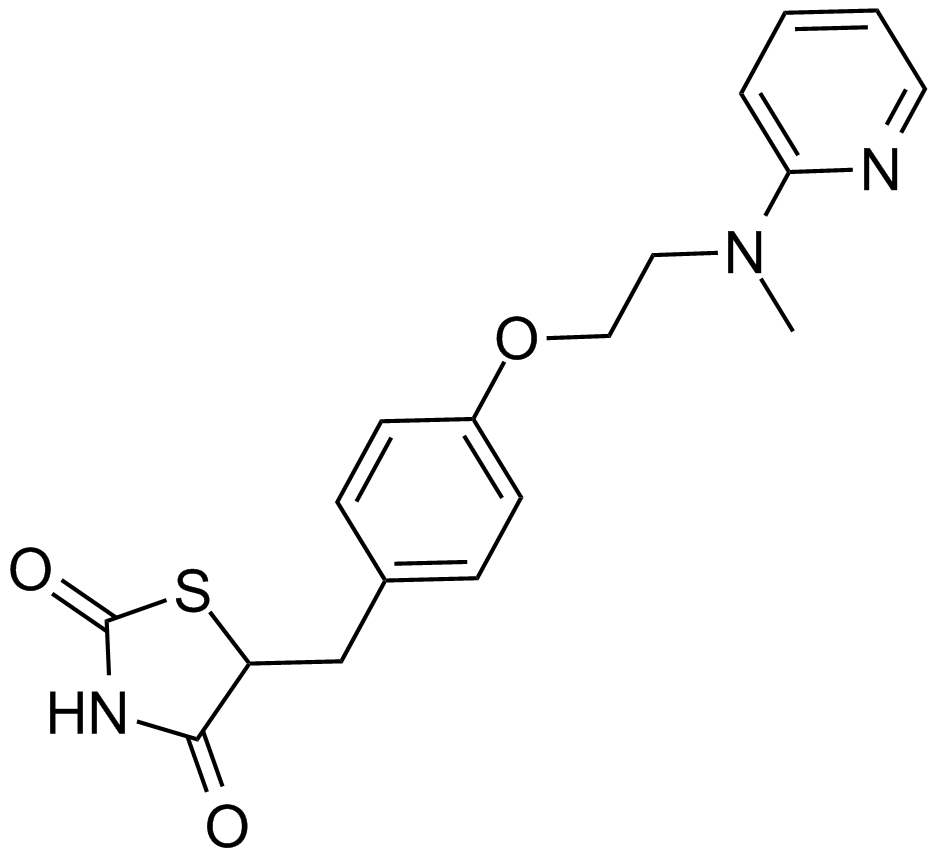 A4304 RosiglitazoneSummary: Potent PPARγ agonist
A4304 RosiglitazoneSummary: Potent PPARγ agonist -
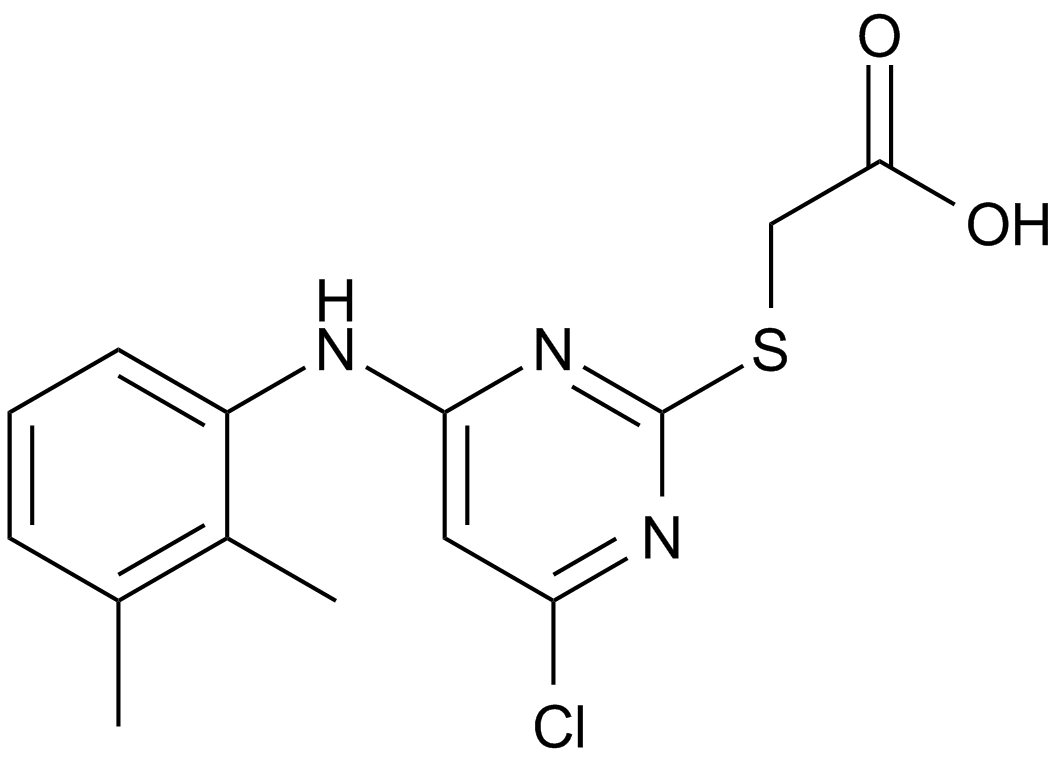 A4305 WY-14643 (Pirinixic Acid)7 CitationTarget: PPARSummary: PPARα agonist,selective and highly potent
A4305 WY-14643 (Pirinixic Acid)7 CitationTarget: PPARSummary: PPARα agonist,selective and highly potent -
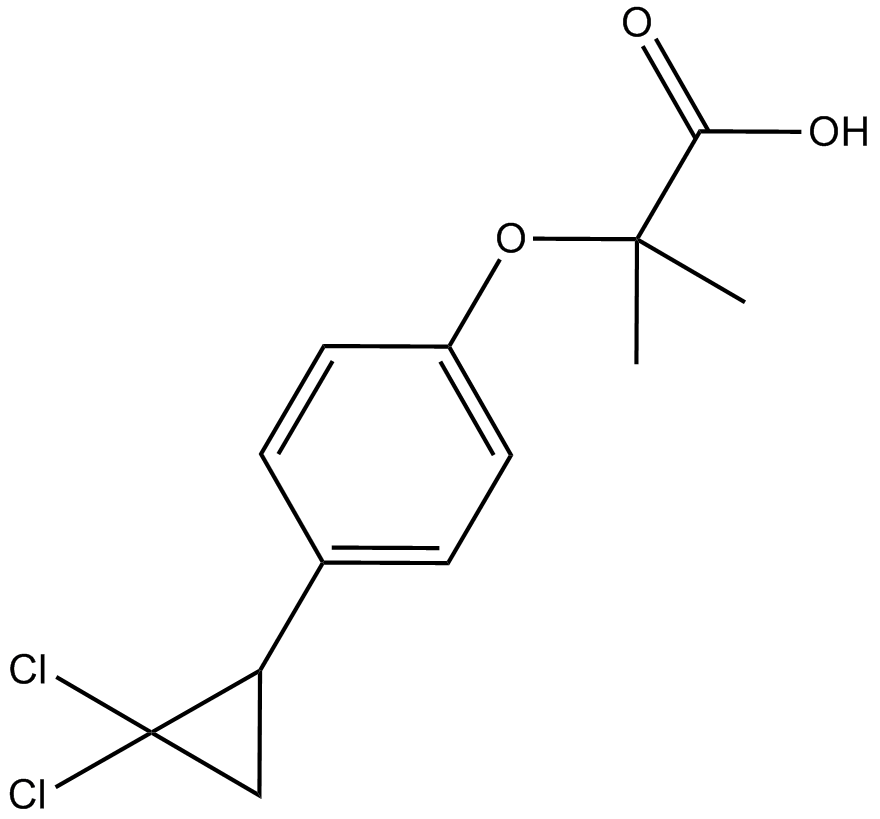 A4306 CiprofibrateSummary: PPARα agonist
A4306 CiprofibrateSummary: PPARα agonist -
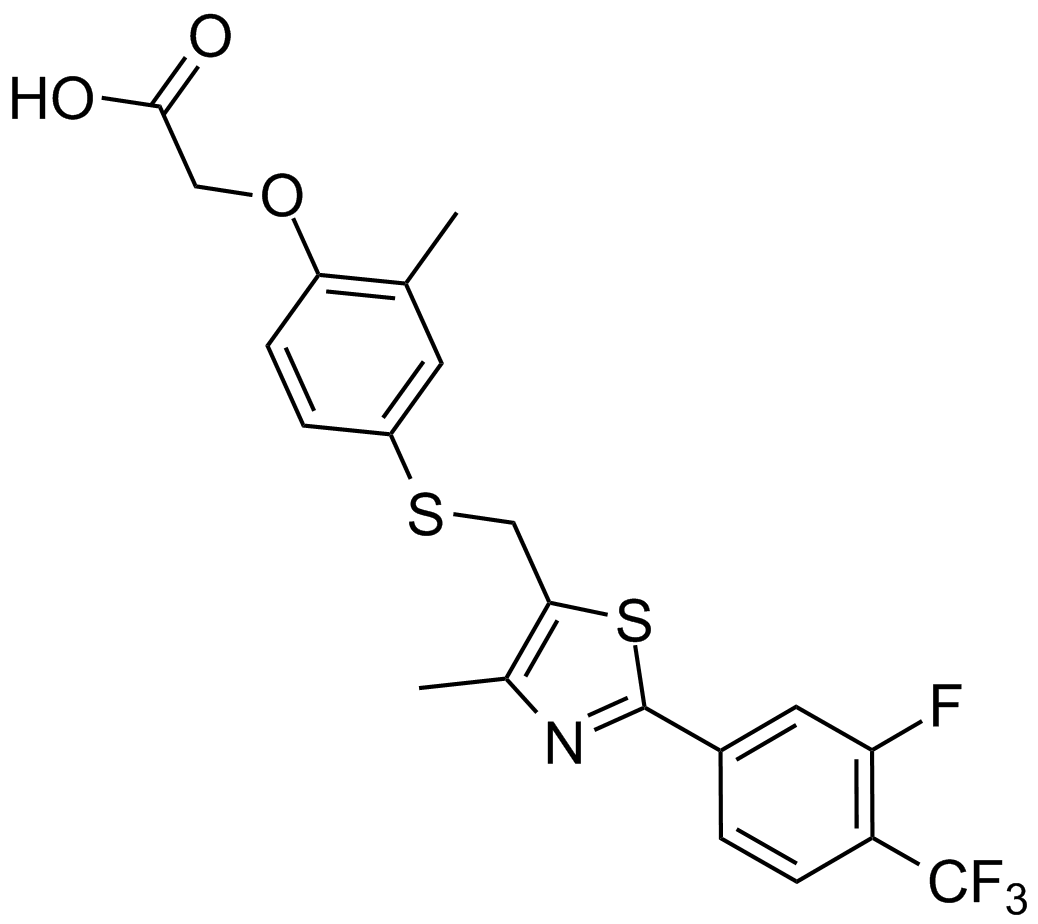 A4307 GW0742Summary: PPARδ/β agonist,potent and selective
A4307 GW0742Summary: PPARδ/β agonist,potent and selective -
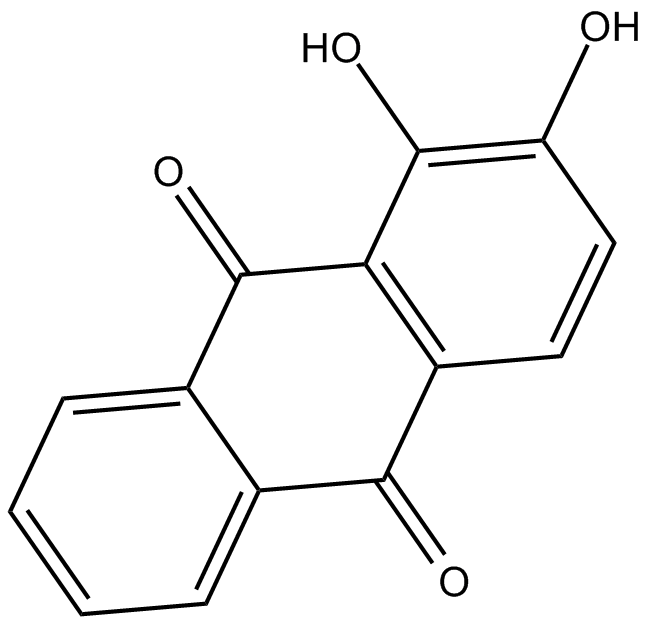 A4308 AlizarinSummary: Chelator for calcium,used to stain calcium deposites,Alizarin complexone is used for bone staining to study bone remodeling
A4308 AlizarinSummary: Chelator for calcium,used to stain calcium deposites,Alizarin complexone is used for bone staining to study bone remodeling

